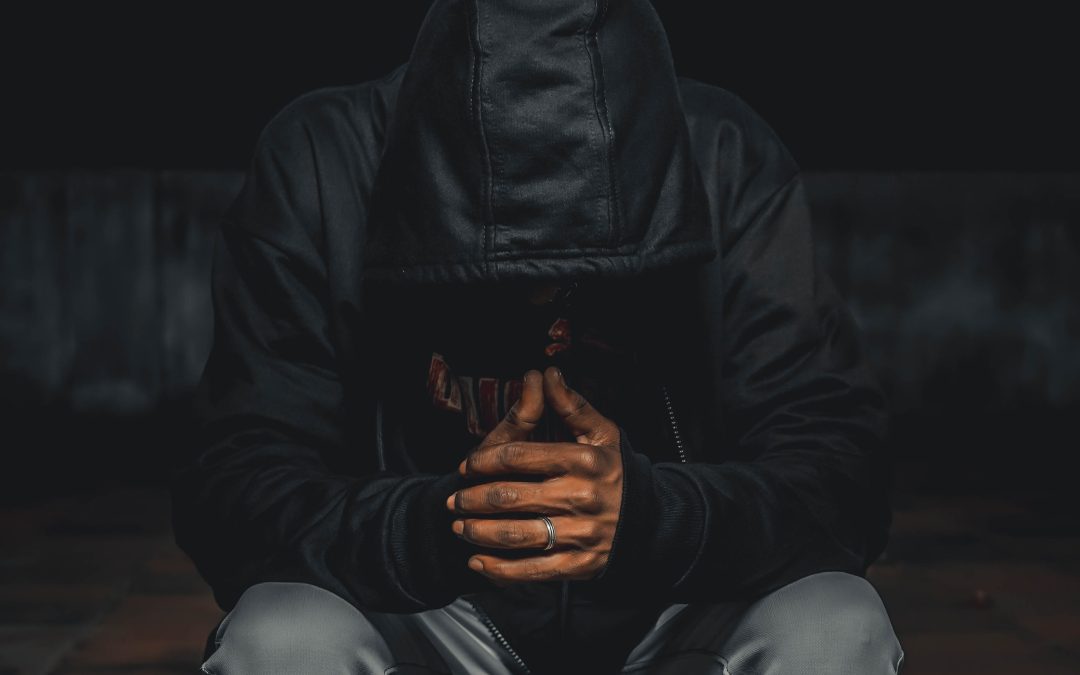Over the years, I have heard firsthand accounts of experiences of both parents and youth that have raised my awareness about the heartbreaking effects that systemic racism has had on their journeys in accessing mental health supports. I cannot imagine how traumatizing these experiences would be. Experiences like these compound existing mental health challenges and have complex, long term ripple effects. When seeking support for mental health challenges for a Black child results in trauma, who can parents turn to when future mental health crises emerge?
To illustrate how racism plays a role, I want to share a true story about one of Myles’ friends. Myles’ friend is Black and the experience spans a few months during which time the child turns 13. The story begins a few months after Myles died in 2018. To respect their privacy, we will call the child “Friend.” Friend is a lovely, sensitive, kind, and funny person. Friend deserves our attention, our love, and support.
Friend went through a very difficult time after Myles died. Myles’ death was not the only emotionally challenging thing Friend was going through, but it was a definite contributor. Friend was emotionally overwhelmed, and their behaviour was becoming increasingly unpredictable and reactive. Friend’s parents were deeply concerned about stabilizing their child and keeping them safe. After one particular incident, and on the recommendation of their psychiatrist, Friend was ultimately brought to the hospital.
Going to the hospital was so scary that Friend ended up running away. Although terrified at the thought of what could be in store, Friend agreed to return. Once admitted, it was recommended that a residential intensive support program would be the best option to help Friend. Friend’s parents were understandably apprehensive with this suggestion but wanting to do everything they could to help their child, they put their faith in the medical professionals. Friend remained in the psychiatric ward for a couple weeks while the hospital and parents searched for a placement. Although the hospital kept Friend safe, the experience was very stressful and fear inducing.
Unfortunately, like many intensive support programs that are based on dated psychology and are often inflexible, Friend likens their experience in the facility to being in prison: the routine was structured with little flexibility from the first moment Friend arrived. There was minimal support to acclimatize. Struggling with feelings of abandonment, Myles’ Friend begged to call home repeatedly. On one occasion, Friend pleaded to come home. Hearing their child’s distress, the parent wanted to make arrangements and told Friend to hang on – they would call back shortly. Within the ten minutes before the parent called back, things went very wrong. The facility employee would not accommodate waiting for the return call from the parent and forced Friend to return to their room. In tears, frustration, and protest, the child hit a light in the hallway and it broke. The facility employee called the police.
I imagine it must be stressful working in a residential facility for intensive pediatric mental health supports, but what happened next demonstrates a shocking lack of compassion not only from the facility employee, but from the police who responded to the call. When we consider the purpose of the facility is to provide intensive mental health supports for youth, I cannot understand why the facility employee and police did not demonstrate more compassion for Friend. Instead, the police placed the child, who was compliant and crying at the time, in handcuffs and took them to the station for processing. The parents followed, thinking they could pick their child up from the police station. At the station, the parents were told that their 13-year-old child could not be released before processing the following day and would have to spend the night in the holding cell at the police station. A 13-year-old child in mental health distress. Crying. Alone. 13 years old. Overnight in a holding cell. Take a moment to let that sink in.
Fast forward to court day. Walking along the corridor to the courtroom, Friend’s parents were saddened to see how disproportionately the population waiting in the hallways were Black People, and People of Colour. In 2018, Black People contributed to approximately 7% of Toronto’s population.
The whole experience was scary for Friend, and the judge dismissed the charge of vandalism subject to Friend completing a therapy program. So, in seeking mental health supports for Friend, the experience brought this 13 year old Black child through the hospital emergency department, into a residential facility, to a holding cell, and eventually, to participate in a court mandated mental health therapy program.
Friend’s experience provides some insights when we consider the statistics. Black people are under-represented in accessing mental health services, and tragically, over-represented in the justice system. More than 60% of Black people in Canada have reported experiencing discrimination within the past five years. We know that systemic racism erodes confidence in the institutions that are intended to serve and protect everyone. We also know that violence towards Black People has a devastating impact that causes lifelong and intergenerational trauma.
As an organization dedicated to mental health, it is imperative that our actions match our words. We pledge our solidarity with Black People and condemn all forms of violence and racism, and our initiatives support co-creating a just society for all.
Resources:
For Children: This NFB short film made for elementary school-aged children, Harry Jerome: The Fastest Man on Earth, shares how Harry Jerome overcame a sports injury and racism to become known as the “The Fastest Man on Earth” who also had a positive effect on humanity.
For Youth: Jack.org has just launched a free virtual “Be There Certificate” for youth to learn to support someone struggling with their mental health. https://betherecertificate.org/
For Caregivers: The City of Toronto has compiled an Anti-Black Racism and Mental Health Resource.
For Educators: In this video, Steven Cook takes viewers on a virtual tour of Uncle Tom’s Cabin Historic Site, a tribute to Josiah Henson, abolitionist, preacher, and author.

